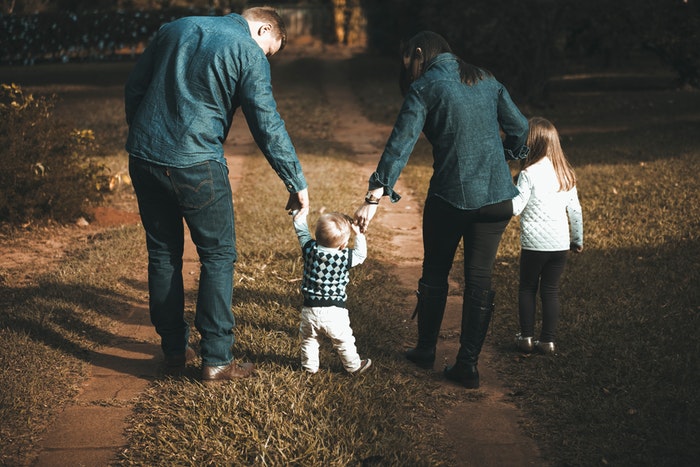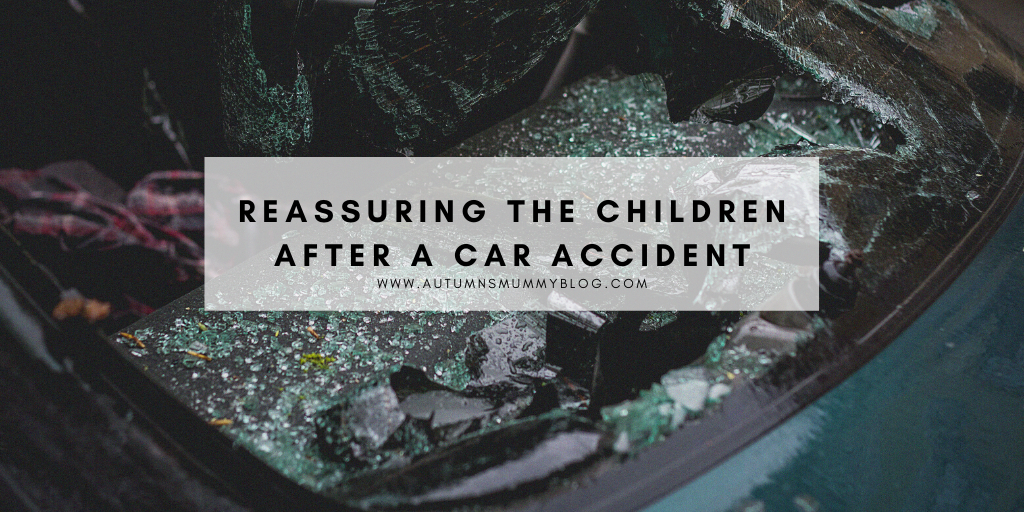Collaborative Post¦ Every single parent out there does their best for their kids. We put them first in everything, making sure that their health and wellbeing is considered beyond everything and everyone else. The problem is that there are times in life that we cannot protect them – much as we would want to. Children are resilient creatures, but they are also reactive to their circumstances. When a trauma occurs and they can’t talk about it, they often act out and retaliate in fear, not understanding the emotions that they are feeling or how they should respond.
It’s okay for children to feel like this. In the event of a car accident, children deal with a lot of trauma and they don’t need to be physically injured for that to happen. We can only keep them as safe as we can, but we cannot protect them from the turmoil in their minds that they suffer when they have gone through something scary. It’s only time that can protect them from that. You can’t prepare your children for a car accident and while you can only do what you can for yourself, you have to be the one to get them back into a car with you in the end. You could have not at fault car hire ready to get them back into their routines after an accident, but it’s not going to be an easy thing for any of you to deal with. A car accident is a big deal, so while you can’t prepare them for this to happen, you can still ensure that they are as okay as can be after the fact. Let’s take a look at some of the things that you can do to reassure your child after a car accident that life will, eventually, feel safe again.

Image Source
-
Speak Factually
Children are blunt little people. They need straight talking to be able to understand what’s going on around them. If there has been an accident, they need facts, not fluff. Children sometimes take time to talk about what happened, and yet it’s that time that you’ll need to reassure them that everything is okay and they are not going to be hurt anymore. You should be matter of fact about the accident and help them to identify their feelings. If they can put a name to the event, to their emotions and to the situation itself, it becomes normal and it removes their fear. There’s no need to speculate about the “what may have happened” side of things; just keep it calm, factual and open in conversation.
-
Make A Plan To Stay Calm
Children are shunted out of their own security when there has been a trauma. The fear of getting into the new hire car will be very real, because they’ll associate a car with having a car accident. You need to help your child to stay calm, and for that you need a plan. Start with just sitting in the car and explaining how the car works. Move to driving down the street, then a little further each time. Encourage your child to have a comfort item in the car to remind them that all is okay and safe and that their accident was a one-off.
-
Remove The Blame
Some children believe that they are the ones at fault if there is an accident. Instead of fuelling the fear, foster a conversation where they understand that the accident was just that and not their fault. Don’t place any blame on the other drive or the road, just talk about how the whole event wasn’t intended and no one was at fault.
-
Stick To The Positives
While you can’t make an accident a positive experience, you can talk about the fact that you have a lovely new hire car to go and get some ice-cream in. You can talk about the fact that they are healthy and well and that they can still find the time to go and buy a new toy or magazine. Positivity can help to distract which is important!
-
Get Back To Normal
Children thrive on normality and you getting back to their regular routines is going to help them massively. It’s important to get back to their routine as fast as possible after an accident, and while they may be clingy or tearful for a long time, you can still gently get them back to their usual routines. Never rush your child and always respond to their needs.
An accident is hard to get over, especially when you’re a child, but that doesn’t mean that it cannot be done.
Disclosure: This is a collaborative post.
